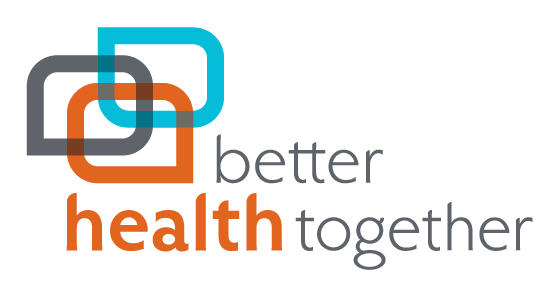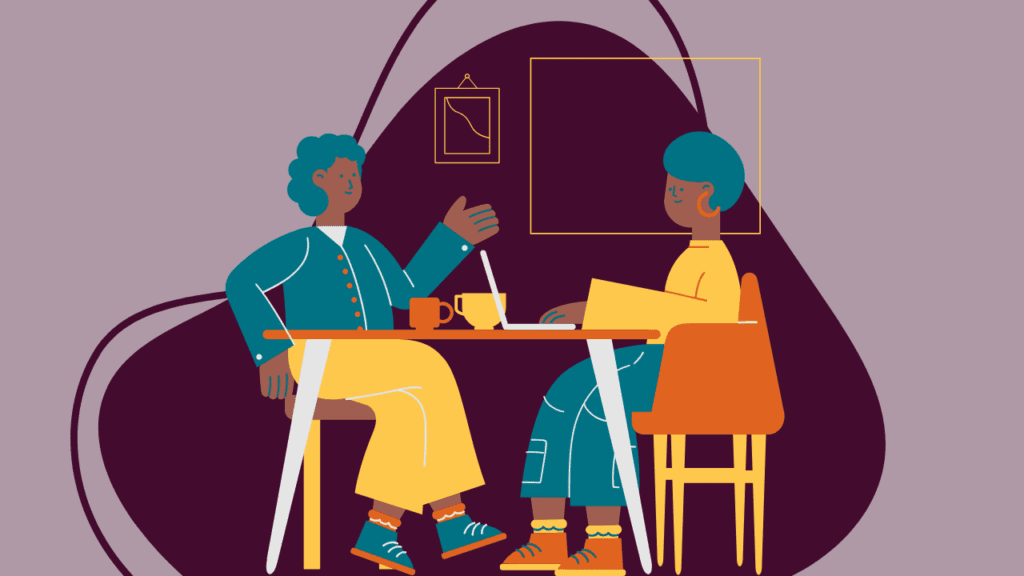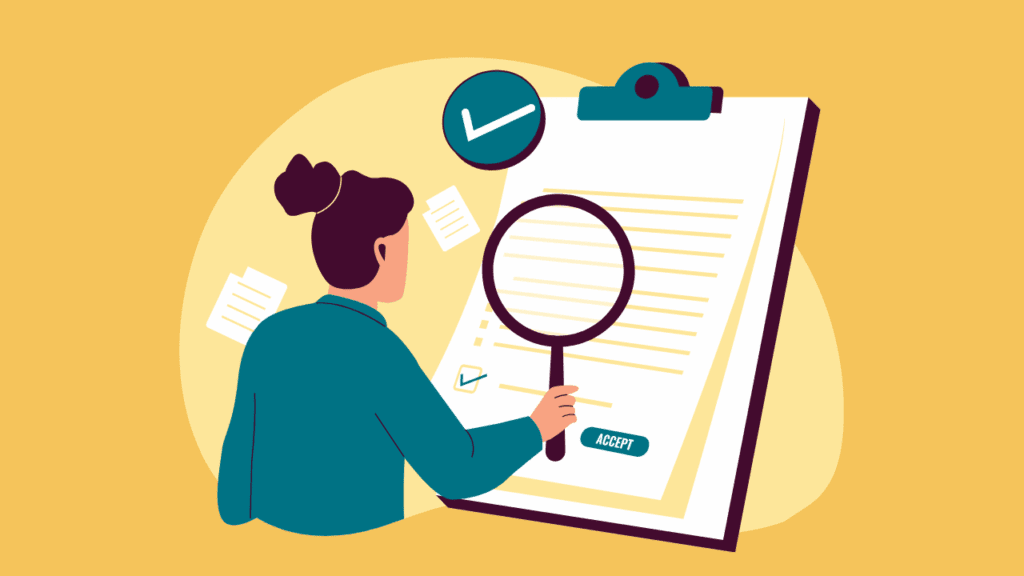 Dean Davis photography
Dean Davis photography
This week (from August 26-30th), we celebrate National Community Health Worker Awareness Week, an opportunity to highlight and raise awareness of the incredible contributions of community health workers (CHWs), our everyday superheroes. These heroes don’t wear capes or fly through the sky; instead, they walk through our neighborhoods, clinics, and homes, working tirelessly to support and uplift their communities.
Why is National Community Health Worker Awareness Week Important?
National Community Health Worker Awareness Week serves as a celebration and reminder of the key role CHWs play in bridging gaps in our healthcare system. These dedicated individuals are often the first point of contact for many people seeking healthcare advice or support. By highlighting their work, we not only show appreciation for their efforts but also raise awareness about the essential services they provide, which many times go unnoticed.
What is a Community Health Worker?
The American Public Health Association (APHA) defines CHWs as frontline public health workers who are trusted members of and/or have a close understanding of the community served. This trusting relationship enables CHWs to serve as a link between health/ social services and the community they serve, facilitating access to services and improving the quality and cultural competence of service delivery. CHWs also build individual and community capacity by increasing health knowledge and self-sufficiency through a range of activities such as outreach, community education, informal counseling, social support, and advocacy (APHA, 2009).
The Value of Community Health Workers to the Community
CHWs are instrumental in promoting health equity by ensuring that all individuals, regardless of their background or socioeconomic status, have access to the information and resources they need to lead healthier lives. Their efforts help reduce health disparities, improve chronic disease management, and foster healthier communities. As we celebrate National Community Health Worker Awareness Week, we want to recognize and appreciate the dedicated, everyday superheroes we are grateful to have among us in eastern Washington. Throughout the week, we will share profiles of CHWs from our region.
Meet Ervin!
 Dean Davis Photography
Dean Davis Photography
Meet Ervin, a community health worker who founded Locked in Fathers Alliance, a community dedicated to supporting and celebrating black fathers. They aim to provide a space for Black Fathers to connect, dialogue, and experience community. Ervin is passionate about being a resource for the black community and helping bridge the gap between healthcare and community resources. Ervin completed the Community Health Worker Training Program hosted by Better Health Together. Learn more about Ervin below!
How did you first learn about community health workers?
I first learned about being a community health worker through my wife. She told me about an opportunity that they were training within the community. It fit what I was already doing in life, and so I decided to go ahead and sign up.
What was your experience like in the community health worker training?
My experience was great. There was a lot of great information that I learned. A lot of great resources, and I felt that I was able to really get a grasp on what a community health worker is and what the expectations were.
Why did you want to be a community health worker?
I wanted to be a community health worker because I realized that I already was one. I’ve always been that support within my family, the one to help out with any questions or concerns regarding healthcare, being the bridge between healthcare providers and my family. I’ve always been one to look up information and dive deep in. And so, being in the Black community, there’s definitely a large gap between healthcare and being able to have access to it, and a lot of that stems from our history within the healthcare system. So, I pride myself on being able to fill that gap. I think I’ve always been a community health worker, unknowingly.
Meet Shanda!

Dean Davis PhotographyMeet Shanda, a community health worker in eastern Washington who is passionate about being a voice and an advocate for those in her community. Read on to learn more about Shanda and the work she does as a CHW!
What advice would you give to someone interested in pursuing a career as a community health worker?
If I could give advice, it would be to be empathetic. Create boundaries, not barriers. Also, be very intentional in their communication and in their way of facilitating and advocating for individuals or their families. Have a level of understanding that really surpasses others’ expectations and understandings, and always treat others the way they want to be treated.
What kind of training did you receive to prepare for your role as a community health worker?
I received a 12-week core competency training. The training was intense, especially for a first-timer in community health work. However, it guided me to truly understand the importance of community health work. The core competency training prepared me to be a community health worker.
What does it mean to you to be a community health worker?
For me, being a community health worker is being that small but big voice for those who don’t have it for themselves. I work in many capacities in this community, and being a community health worker is one way that I can champion and advocate for and have the biggest voice for those who don’t otherwise have it for themselves.
Meet Quinna!
 Dean Davis Photograph.
Dean Davis Photograph.
Meet Quinna, a community health worker who works in community care for a 2SLGBTQIA nonprofit organization. She is a voice for the queer community and helps address the gaps that exist in having a safe space for individuals to receive care. Read on to learn more about Quinna!
How would you define a community health worker?
A community health worker is somebody who’s in the community, who’s had lived experience, and who knows how to advocate for their community.
Why did you want to be a community health worker?
I worked in health care for a very long time, for over 10 years, and I felt like there was a little bit of a disconnect with treating the whole person. So, community health work is kind of the other step. Helping with scheduling appointments and helping to get resources in the community.
In a perfect world, what do you see as the future of Washington state’s community health worker workforce?
I always advocate for livable wages. I’m lucky to see what that means and how it affects my community and family. And I think that other community health workers deserve that as well.
How do you feel about being a community health worker?
I love being a community health worker. I feel so happy that kids, even adults, can see people like me thrive and succeed and challenge the systems of power and how we do things, and it’s really just somebody taking a chance on me and saying, I want that person’s voice in the room.
Meet Courtney!

Dean Davis Photography
Meet Courtney, a community health worker from rural Washington. She currently works for Rural Resources, an organization that helps residents of Northeastern Washington help themselves and each other. Courtney creates housing-centered care plans and helps set individuals up for success to thrive in their communities. Learn more about Courtney below!
How would you describe a community health worker?
Community health workers are not just one person. It takes a team. It really does. When you have somebody that really needs that help, that really needs that support, and you see a community come together, and that’s what a community health worker is. A community coming together and just helping a one person out. And it makes all the difference.
Why is connecting to the community so important?
As a community health worker, connecting with the community is a big part of the work. Networking, collaborating, and coming together to achieve a goal for a particular member is amazing. It’s just greatness when you see a community come together and really achieve something.
Are you proud to be a community health worker?
I am super proud to be a community health worker. I love every aspect of community health. It is fantastic that we can work together to make our communities great
Meet Ve!

Dean Davis Photography
Meet Ve, a community health worker with who works for Latinos in Spokane, a non-profit organization centered on supporting citizen participation, culturally-led community development, and empowerment of the Latino and immigrant population in Spokane County. Learn more about Ve’s passion for community health work below!
How would you define a community health worker?
For me, I think a community health worker is just like a healer. You heal a lot of the suffering and things people are going through in the community, figuring out different resources and strategies, advocating for them, empowering them, and educating them. So, a healer is what I would consider a community health worker.
What does a typical day look like for you as a community health worker?
For me, a typical day looks like running around. I sometimes work with multiple clients at once through email, phone, and in person. We’ll have people come in when it’s things that we can’t really solve over the phone. My day usually involves running around and going to services with the client.
How do community health workers make an impact in their communities?
Community health workers see some of the barriers or gaps in the community or the people in the community that they’re serving, and they spend the time, energy, and mental strength to try to figure out how to solve or alleviate those. And so, like I said before, I feel like community health workers are healers.
Meet Molly!

Dean Davis Photography
Meet Molly, a community health worker from rural Washington who works for Rural Resources, an organization that helps residents of Northeastern Washington help themselves and each other. Molly is the Grand Coulee Team Leader and is the only community health worker in her rural community. Read on to learn more about Molly!
How would you define a community health worker?
I define a community health worker as someone local in your community who is a trusted advisor. That is someone that you go to; you just know that is the person who would have the answer or be able to assist in your needs. They’re very vital to a community, often even unseen, but they do good work.
What are some of the barriers to care in your rural area?
Transportation is big because there’s no bus system. So, we do rely on People for People or special mobility services and grant transit authorities help. Okanagan has transit. But none of them come on a regular schedule. Like if you were to live in Spokane, you would know that by 2:35 pm, you have to be at the bus. And then they’ll get you back home that same day. We don’t have that luxury.
In a perfect world, what do you see for the future of community health workers in Washington state?
In a perfect world, I would see community health workers in Washington state be a true part of the care team. We still have to explain what we do to some providers. And it’s always eye-opening for them, and they’re like, “That is the missing piece.”
Meet Marty!

Dean Davis Photography
Meet Marty, a community health worker who works for Spectrum Center Spokane an intersectional and intergenerational organization that uplifts the 2SLGBTQIA+ Community. Marty enjoys the variety that the community health work brings, as no day is the same. Read on to learn more about Marty and his passion for community health work!
Who has helped you on your professional journey?
I would say that the most helpful people now that I am a community health worker here in Washington are the clients themselves. I think that’s because the clients really help keep me inspired. They remind you why you do the work that you do, and they really make the work rewarding.
What’s the response from some of these people?
People will stop us mid-sentence and tell us, “I want you to know the work you’re doing is amazing, and we’re so grateful, and we appreciate everything that you’re doing for us in the community.” It’s a nice reminder because for us, we’re just doing our job. We’re on our normal standard operating procedure, if you will. I feel like we get so into doing the work and getting the work done that we forget that we’re impacting people’s lives in a positive way.
Meet Kim!

Dean Davis Photography
Last but certainly not least in our Community Health Worker lineup is the fearless Kim Wilson. Kim is a program manager at BHT working towards awareness and providing training resources for new and existing CHWs in our community. Kim has an unwavering spirit when it comes to supporting the heads, hearts, and hands of her students and peers.
How would you define a Community Health Worker?
What a community health worker by definition means are twofold. So there is a standard definition of a community health worker from the American Public Health Association that has been used across the nation. But what a community health worker really means to me, and how I share it with others is really, they are the trusted messengers and members of the communities where they live, they work, they serve and they relate to. They can share similar cultures, similar languages, similar backgrounds, and they really are those go-to members of communities, not only in the United States, but around the world.
Tell us about your journey as a Community Health Worker
So my journey with the Washington State Community Health Worker Training has gone full circle. In 2016, I was a trainee and went through the training and found it amazing and realized, oh, fell in love with community health workers’ work, became a part of the Eastern Washington Community Health Worker Network and engaged with other community health workers and really heard some of the challenges that they faced with just workforce and training. So then I started working as a partner, a training partner, with Washington State Department of Health.
And now, working at Better Health Together, I manage, I get to recruit and share the community health worker experience with others in the community and see it full circle.



